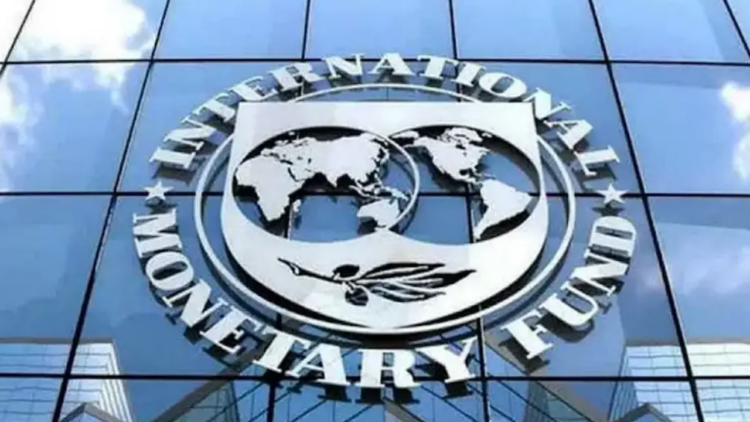The International Monetary Fund (IMF) has emphasized the necessity for the federal government to develop social safety nets through the cash-transfer program to help low-income households cope with the effects of the elimination of gasoline subsidies and rising inflationary pressure.
The fund, in the report of the recently finished Staff Article IV Consultations on Nigeria, also warned against restricting petrol prices and electricity tariffs below cost recovery, claiming that it might result in a three percent of GDP fiscal cost for Nigeria.
The delegation, led by Axel Schimmelpfennig, IMF mission chief for Nigeria, visited Lagos and Abuja on February 12–23, 2024, to discuss the 2024 Article IV Consultations with Nigeria.
The International Monetary Fund (IMF) estimates that “the capping of fuel pump prices and electricity tariffs below cost recovery could have a fiscal cost of up to three percent of GDP in 2024.”
According to the report, the recently approved targeted social safety net program, which will provide cash transfers to vulnerable households, must be fully implemented before the government can address costly, implicit fuel and electricity subsidies in a way that protects low-income households.
“The Nigerian economy has challenges. Economic growth accelerated in the fourth quarter, with GDP rising to 2.8% in 2023.
“This falls somewhat short of population growth dynamics. Improved oil output and an expected improved crop in the second half of the year are favorable for 2024 GDP growth, which is expected to reach 3.2%, but high inflation, naira weakening, and policy tightening will be headwinds.
- ATTENTION: Techrectory gives ₦5,000 monthly to our top readers, CLICK HERE to become a winner.
“With around 8% of Nigerians classified as food insecure, tackling rising food insecurity is an essential policy issue.
“In this sense, employees applauded the authorities’ approval of an effective and well-targeted social protection scheme. The team also praised the government’s distribution of wheat, seeds, and fertilizer, as well as Nigeria’s adoption of dry-season farming.
“The recently approved targeted social safety net programme that will provide cash transfers to vulnerable households needs to be fully implemented before the government can address costly, implicit fuel and electricity subsidies in a manner that will ensure low-income households are protected.”
“The recent increases in revenue collection and oil production are encouraging. Nigeria’s poor revenue mobilization limits the government’s ability to respond to shocks while also promoting long-term growth.
“Non-oil tax collection increased by 0.8% of GDP in 2023, boosted by naira depreciation.
“Oil production reached 1.65 million barrels per day in January as the result of enhanced security.”
It went on to say that the latest rate hike by the Central Bank of Nigeria (CBN) will help combat inflation and strengthen the currency.
“The team welcomed the Monetary Policy Committee’s (MPC) decision to further tighten monetary policy,” the statement stated.
The team visited with Finance Minister Edun, Central Bank of Nigeria Governor Cardoso, senior government and central bank officials, the Ministries of Agriculture and Environment, as well as representatives from sub-nationals, the corporate sector, and civil society.
Techrectory with Agency Report.



